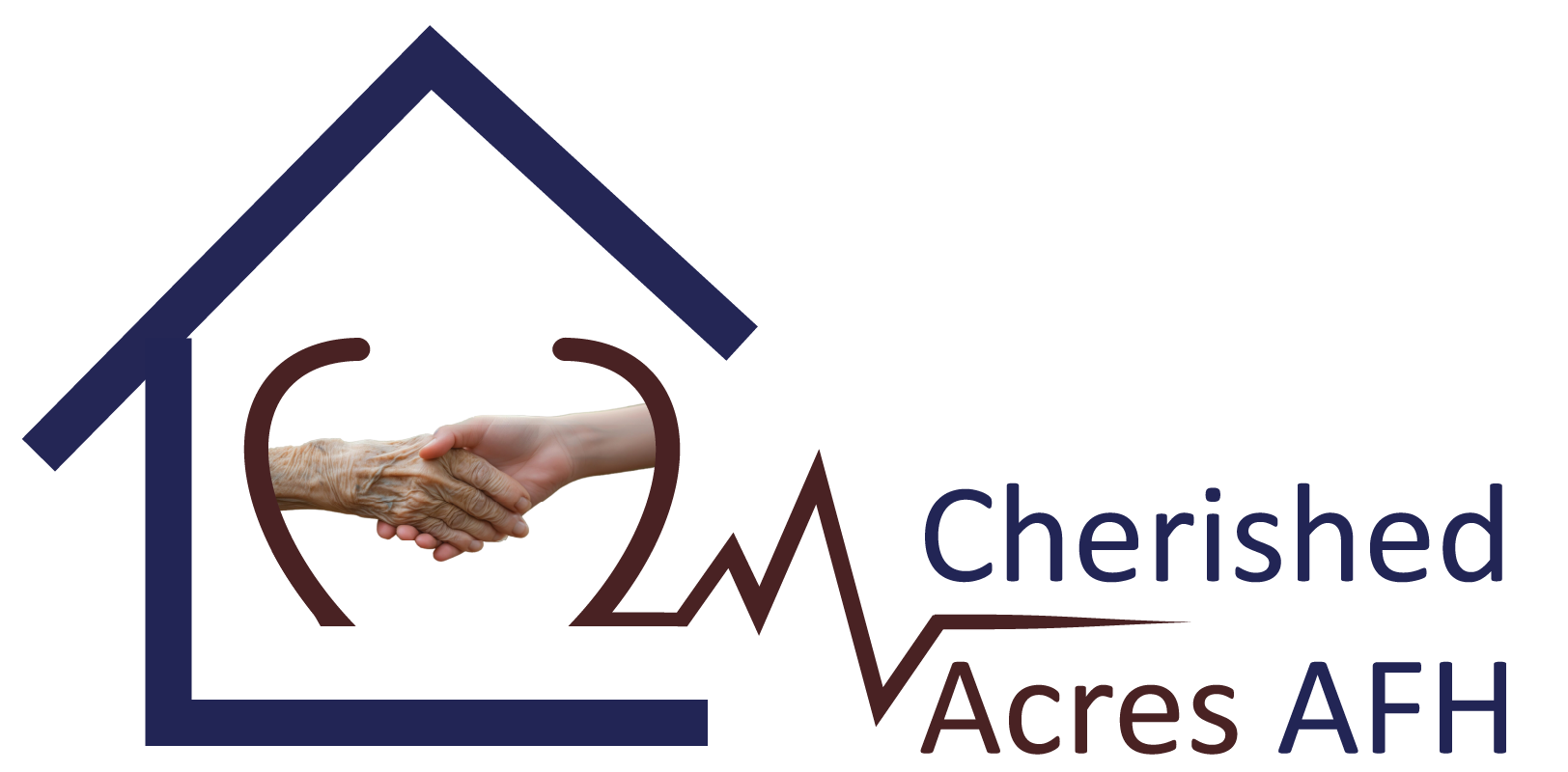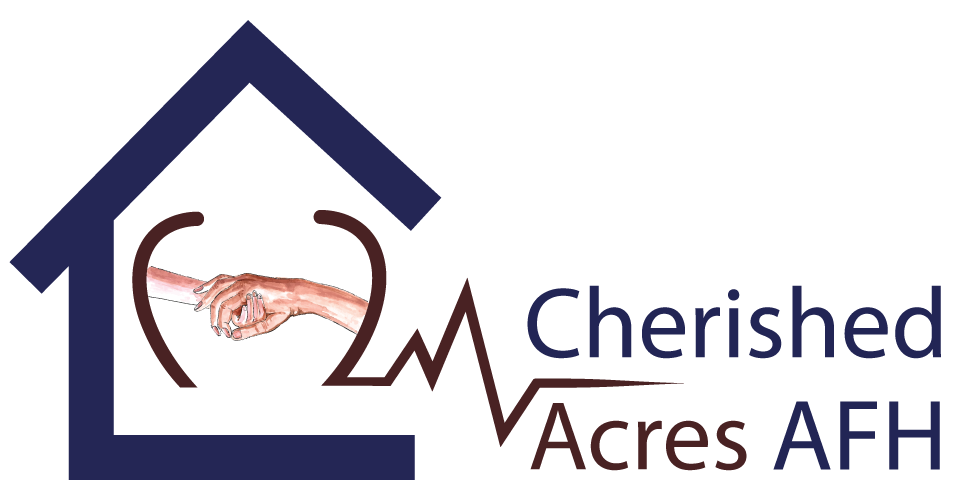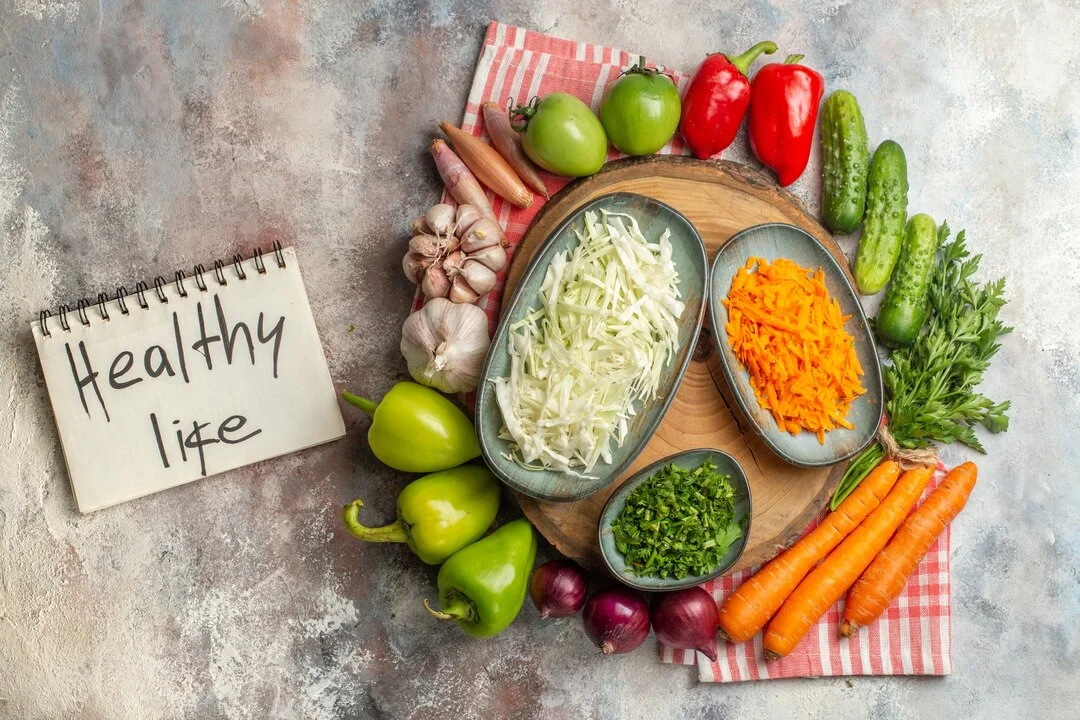Foods That Promote Wound Healing: How Nutrition Speeds Recovery
Introduction: Why Your Diet Matters for Wound Healing
What you consume following an injury, surgery or a wound that takes a long time to heal can directly influence the rate and efficiency with which your body will heal. The correct foods will supply the vitamins and minerals, along with the nutrients required by your body to build up the tissues, combat infection and to make you stronger. It is also known as a healing diet – a carefully designed nutrition plan that will speed up the recovery process and reduce complications to a minimum.
Here we will discuss foods thatpromote wound healing, the importance of nutrition for wound healing, and show how vitamins, minerals and supplements for wound healing can significantly impact your healing.
Learning the Wound Healing Stages
To understand why nutrition is such a big deal, it is better to know how your body performs healing:
- Hemostasis: In this process, blood clotting prevents blood loss.
- Inflammation: The immune cells rush to the area and clean and protect the wound.
- Proliferation: New tissue, blood vessels and collagen begin to form.
- Remodeling: Tissue gets stronger and gets back to normal functioning.
Every stage needs certain nutrients to be effective, so your diet is one of the central factors of recovery.
Key Nutrients and Foods That Promote Wound Healing
Protein – The Foundation of Tissue Repair
Protein is the most critical nutrient in a wound healing diet. It helps rebuild tissues, produce healing enzymes, and support immune function. Without enough protein, wounds can heal more slowly.
Best Protein-Rich Wound Healing Foods:
- Lean meats (chicken, turkey, beef)
- Fish and seafood
- Eggs
- Dairy products (milk, yogurt, cheese)
- Plant-based proteins (beans, lentils, tofu)
- Nuts and seeds
Tip: For major wounds, your protein needs may increase by up to 50% more than usual.
Vitamins for Wound Healing – The Catalysts for Recovery
Several vitamins play a direct role in faster wound healing:
- Vitamin C: Boosts collagen production (essential for skin repair) and immune function.
Sources: Citrus fruits, strawberries, bell peppers, broccoli. - Vitamin A: Reduces inflammation and supports new cell growth.
Sources: Carrots, sweet potatoes, spinach, liver. - Vitamin E: Antioxidant that protects cells and reduces scarring.
Sources: Almonds, sunflower seeds, avocado, vegetable oils. - B Vitamins: Improve energy metabolism and cellular repair.
Sources: Whole grains, eggs, green vegetables, meat.
These vitamins for wound healing should be included daily in your diet for best results.
Minerals: Zinc for Wound Healing and Iron for Oxygen Supply
- Zinc as an Antiscatabolic: Can be used to help cell growth, collagen production, and immune activity.
Best Sources: Oysters, red meat, poultry, beans, nuts. - Iron: Helps to deliver oxygen to healing areas essential to quick healing.
Best Sources: Spinach, red meat, lentils, fortified cereals.
One of the most frequent causes of delayed wound healing is a deficiency in zinc-so ensure that you are getting enough zinc.
Hydration: The Overlooked Healer
Water is also needed to carry nutrients, circulate and remove waste in the healing tissues.
- Consume no less than 8-10 of water per day (even more when you are recuperating after surgery or hot weather).
- Add broths, herbal teas and watery fruits such as watermelon and cucumber.
Healthy Fats: Supporting Cell Regeneration
Fatty acids are good because they reduce inflammation and promote cell growth.
Best Sources: avocado, fatty fish (salmon, mackerel), nuts, seeds, oil (olive).
Supplements for Wound Healing: When Whole Foods Aren’t Enough
Whole foods should be your preferred choice, but when your diet fails to provide adequate nutritional value, supplements to heal your wound may work as a nutritional supplement. The supplements that are commonly prescribed are:
- Protein powders (soy, pea or whey)
- Vitamin C and multivitamins
- Zinc pills on deficient individuals.
- Inflammation reduces concentrations of omega-3 fatty acids.
Never take supplements without consulting a medical practitioner or registered dietitian, particularly when you have a chronic condition such as diabetes.
Sample Healing Diet Meal Plan
The following is a few examples of how you can construct your healing diet:
- Breakfast: Scrambled eggs, whole grain toast, oranges slices (vitamin C boost)
- Snack: Greek yogurts with mixed berries.
- Lunch: grilled chicken breast, quinoa, and steamed spinach (iron + zinc).
- Snack: 12 almonds / sunflower seeds.
- Dinner: Sweet potato, roasted vegetables, baked salmon.
- Hydration: Drink water and tea (herbal teas) all day.
Natural lifestyle tips that increase recovery.
Nutrition is not the only component of the healing formula. To speed up recovery:
- Sleep well; resting is when the tissue is being repaired.
- Control stress; persistent stress is retarded healing.
- Do not smoke or overuse alcohol; they affect circulation.
- Take medical care advice and maintain cleanliness of wounds.
Your Path to Better Healing
A properly designed healing diet consisting of foods that facilitate healing of wounds, necessary vitamins to aid wound healing and zinc to aid wound healing would greatly accelerate the healing process, minimize complications and recuperate strength. And regardless of whether you use wound healing foods or add specially selected wound healing supplements, your nutrition is directly related to your wound healing effectiveness.
With proper attention to your nutrition to heal the wound, keeping hydrated, and holistic support of your body, you have the best opportunity to recover smoothly and successfully.
Keep Learning & Healing:
- Explore: The Benefits of Respite Care to Family Caregivers become familiar with the benefits of caregiver support in improving patient outcomes.
- Read: The Benefits of Wound Care Dressing at Home to Faster Healing learn how appropriate care can make healing faster and recovery easier.
When You are Ready, Take the Second Step to Recovery:
Make your appointment with our wound care specialists today and receive an individualized nutrition and supplement plan that will help you recover faster.


